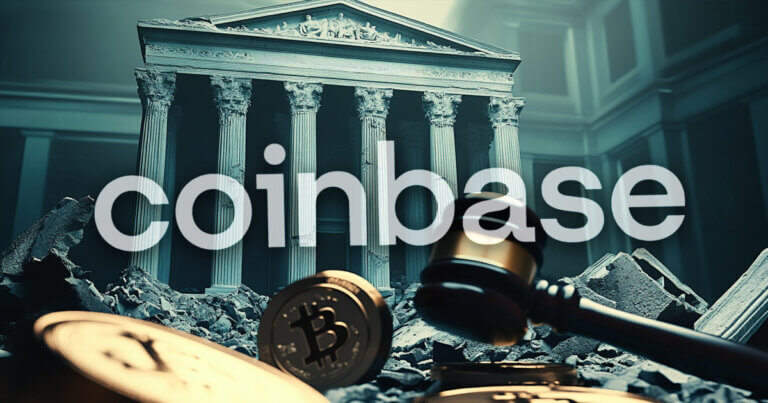“A California judge just handed the SEC a significant victory in its ongoing battle with crypto exchange Kraken. Here’s why this ruling matters to the future of cryptocurrency and what you need to know.”
The battle between Kraken, a major cryptocurrency exchange, and the U.S. Securities and Exchange Commission (SEC) just took a major turn. A California federal judge has officially shut down Kraken’s attempt to appeal a crucial decision in a lawsuit filed by the SEC. This lawsuit claims Kraken sold unregistered securities, violating U.S. laws. But why should you care about this? Here’s why it’s important and what it means for the future of crypto:
The Big Picture: What’s Happening?
In simple terms, the SEC is accusing Kraken of selling “unregistered securities” on its platform, which is a serious legal violation. According to U.S. law, if an asset is classified as a “security,” it has to be registered with the SEC, and the exchange facilitating these transactions must follow certain rules.
The SEC claims that certain cryptocurrencies traded on Kraken are “investment contracts”—a type of security under U.S. law. The SEC is using the “Howey Test,” a legal standard to determine whether something is an investment contract. The test checks if there is an investment in a common enterprise with an expectation of profits based on the efforts of others.
Why Did the Judge Rule This Way?
The key decision here is that Judge William Orrick refused to allow Kraken to challenge his decision and appeal it to a higher court at this stage. Kraken wanted to argue that the SEC’s claims were unclear and that no “formal contract” or “post-sale obligations” should be required to count something as an investment contract. They hoped that a higher court would agree with them and potentially dismiss the case.
However, the judge disagreed. He believed that appealing at this stage would only delay the legal process. Instead, he ruled that there was enough evidence for the case to proceed, and the SEC’s allegations of Kraken selling unregistered securities should be fully explored during the discovery phase of the trial.
Why is This Important for You?
- Crypto’s Legal Landscape Is Evolving: This case is just one example of how regulators are cracking down on the crypto industry. If Kraken loses, it could set a precedent that forces other exchanges and crypto platforms to comply with U.S. securities laws, even if they didn’t consider their tokens or trades as “securities” before.
- Howey Test Impact: The judge is using the Howey Test to determine if certain cryptocurrencies are securities. This is a huge deal because it could lead to more cryptocurrencies being classified as securities, which would mean they need to follow strict regulations. If you’re invested in crypto, understanding how this test works is crucial for navigating the space.
- Future of Crypto Exchanges: This ruling could change how exchanges like Kraken operate. If the court finds that Kraken sold unregistered securities, it could force them to pay hefty fines, change their business practices, or even shut down operations in certain markets. This would impact crypto traders everywhere.
Key Takeaways:
- Securities Laws: The SEC argues that Kraken’s transactions involved “investment contracts” (securities), meaning they fall under securities law, and Kraken should have registered as an exchange.
- Howey Test: A legal test that judges whether something is a security. If something qualifies as an investment contract, it is subject to regulation by the SEC.
- Judge’s Decision: The judge denied Kraken’s request to appeal the decision, meaning the case will continue to unfold in court, with major consequences for the crypto world.
- Regulatory Pressure: This case shows the growing pressure from regulators on the crypto industry to follow traditional financial laws.
Why Should You Care?
This case could change the way crypto exchanges operate in the U.S. and possibly worldwide. As cryptocurrencies face increasing scrutiny from regulators, understanding these legal battles is key to knowing how the market might evolve. It’s essential to stay informed, as the outcome could affect everything from the value of your investments to the future of decentralized finance platforms.
The crypto world is still figuring out how to coexist with traditional financial regulations, and this case is a step in that direction. Whether you’re a crypto investor or just curious about the space, this decision is a reminder that the legal landscape is shifting—fast.



